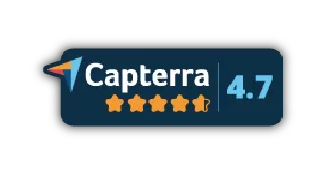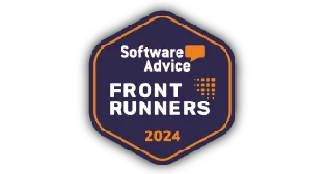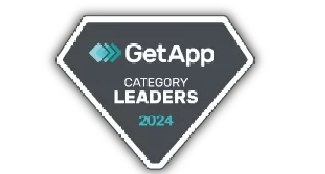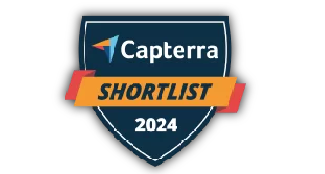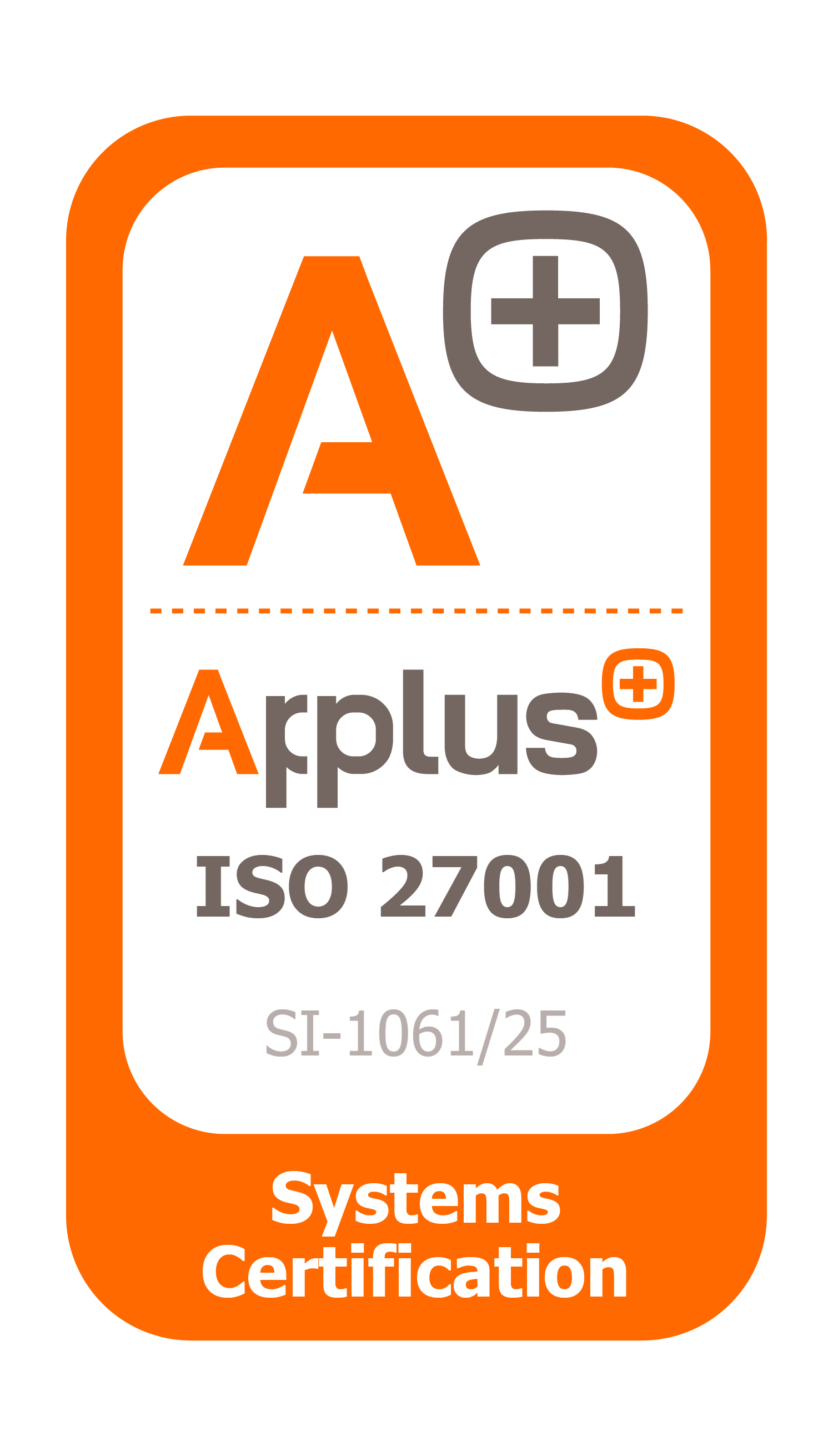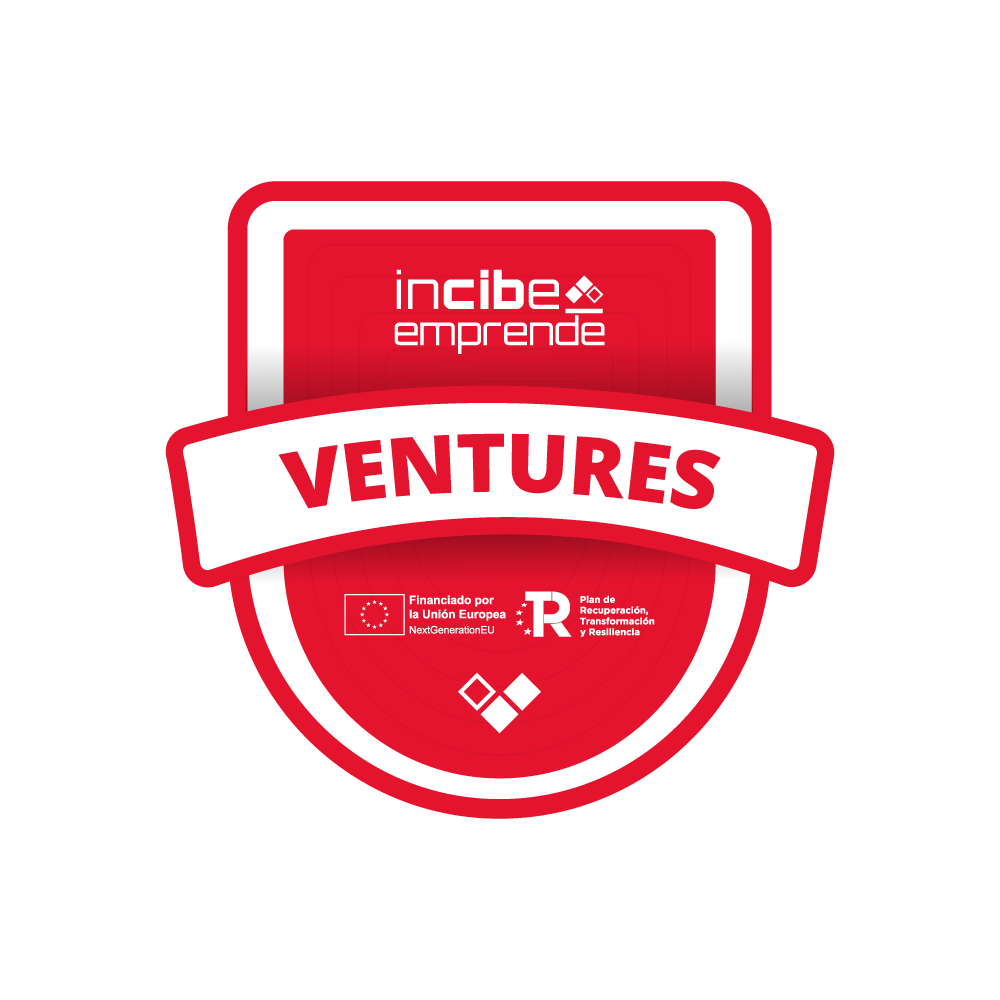In the business world, learning to have effective and efficient team meetings is a crucial skill for improving productivity and team performance. Meetings are an essential tool for decision-making, problem-solving, and coordinating efforts. However, when not planned correctly, they can become a waste of time. Below, we show you how to organize effective meetings that truly add value to your team.
Characteristics of Effective Meetings
For a meeting to be considered effective, it must meet certain criteria that ensure its usefulness and efficiency. Below, we break down the characteristics that define a truly effective meeting and how you can implement them in your organization.
What is an effective meeting?
An effective meeting is one that achieves its objectives clearly and efficiently, without dragging on unnecessarily and with active participation from all attendees. This type of meeting should lead to concrete results and clear actions.
How should an effective meeting be?
- Clear objectives: Each meeting should have a specific and clear purpose that is known to all participants. This allows everyone to arrive prepared and focused on the topics to be discussed. Objectives should be specific, measurable, achievable, relevant, and time-bound (SMART).
- Structured agenda: A detailed agenda distributed in advance helps keep the meeting focused and optimize time. The agenda should include key points to be discussed, the time allocated for each point, and the person responsible for each topic.
- Active participation: Involve all team members in the discussion and decision-making process. This improves the quality of decisions and increases participants’ commitment. Foster an environment where everyone feels comfortable sharing their opinions and contributing ideas.
- Effective facilitation: The person leading the meeting should be able to guide the conversation, maintain focus, and ensure the agenda is followed. A good facilitator knows when to intervene to stay on track and how to motivate everyone’s participation.
- Actions and follow-ups: At the end of the meeting, it should be clear what actions will be taken, who is responsible, and what the deadlines are. Documenting decisions and distributing a summary of agreed actions is crucial for follow-up and implementation.
5 Things to Do Before a Meeting
Preparation is fundamental to ensuring that a meeting is productive and meets its objectives. Here are 5 essential steps to plan and organize an effective meeting:
- Define the meeting objective: Before calling a meeting, it is crucial to know its purpose. Ask yourself: What is expected to be achieved with this meeting? A clear objective will guide the entire process. Establishing a clear purpose prevents deviations and keeps everyone focused.
- Create and distribute the agenda: A well-defined agenda sets the framework for the meeting. It includes the points to be discussed, the time allocated to each, and who will lead each segment. Distributing it in advance allows participants to prepare adequately. A detailed agenda helps keep the meeting focused and efficient.
- Select the right participants: Only those whose participation is crucial to the meeting’s objective should attend. This avoids wasting the time of those who do not directly contribute to the topic. Limiting attendance to the necessary participants facilitates a more productive discussion.
- Organize necessary resources: Ensure that all necessary materials are ready before the meeting. This includes documents, presentations, and any technological tools to be used. Preparing resources in advance ensures that the meeting flows without interruptions.
- Book the right room: Use room booking tools to ensure the space is appropriate in terms of size and equipment. This also avoids scheduling conflicts and ensures the environment is conducive to the meeting. You can find more information on how to do this in this link about meeting room booking software room booking. A well-equipped room significantly contributes to the success of the meeting.
Common Mistakes in Work Meetings
Identifying and avoiding common mistakes in meetings is crucial to increasing their effectiveness. Here are some of the most frequent mistakes and how to avoid them:
- Lack of clear objectives: Without a defined purpose, meetings can become chaotic and unproductive. Establish a specific objective and ensure all participants know it. A clear objective provides direction and focus.
- Not following the agenda: It is easy to get off track when the agenda is not followed. Stay focused and respect the time allocated to each point. The agenda is the meeting’s guide; following it strictly helps maintain efficiency.
- Inviting too many people: Including people who are not necessary for the discussion can slow down the process and dilute focus. Limit the guest list to those who really need to be there. More attendees do not always mean more effectiveness; focus on the necessary ones.
- Constant interruptions: Interruptions can be a major distraction. Set clear rules about the use of mobile devices and other potential interruptions. Minimizing interruptions allows for continuous and productive discussion.
- Lack of follow-up: Without a clear action plan and follow-up, the decisions made in the meeting may not be carried out. Ensure responsibilities are assigned and deadlines are set. Follow-up is vital for the effective implementation of decisions.
Tools for Managing Effective Meetings
Technology can be a great ally in improving the effectiveness of meetings. Below, we present some tools that can help you manage your meetings more efficiently:
- Meeting management software: Tools like Trello, Asana, or Monday.com can help you organize agendas, assign tasks, and track progress. These platforms allow for integrated and collaborative management.
- Videoconferencing applications: Zoom, Microsoft Teams, and Google Meet are excellent for facilitating virtual meetings, especially in hybrid work environments. Videoconferencing is essential for connecting geographically distributed teams.
- Real-time collaboration applications: Google Docs, Microsoft OneNote, and other collaboration tools allow participants to work together on documents in real time. Real-time collaboration improves synchronization and efficiency.
- Room booking systems: Hybo offers a comprehensive solution for room booking and workspace management, ensuring you always have the right place for your meetings. An efficient booking system avoids conflicts and ensures resource availability.
Room Booking to Optimize Meetings
How to Increase Meeting Effectiveness?
One of the keys to increasing meeting effectiveness is to ensure they are held in the right place. Room booking plays a crucial role in this. Here is how you can optimize room booking:
- Use an efficient booking system: Platforms like Hybo allow employees to see real-time availability and book rooms quickly and easily. An efficient system reduces time lost in searching for available rooms.
- Ensure necessary equipment: Before the meeting, check that the room has everything needed, from projectors and screens to network connections and enough chairs. Adequate equipment facilitates the meeting’s development.
- Avoid scheduling conflicts: A well-implemented room booking system reduces time wasted waiting or searching for an available room. This ensures each meeting starts on time and without hitches. Efficient scheduling avoids unnecessary delays.
- Easy and controlled access: Facilitate access to the booked room through QR codes or mobile applications to avoid entry problems and ensure only authorized persons are present. Access control improves security and management.
- Flexibility and adaptability: Ensure the booking system can adapt to last-minute changes and unforeseen needs, allowing for quick and efficient modifications. Booking flexibility allows for an agile response to unforeseen events.
Implementing an efficient room booking system like Hybo’s not only improves meeting organization but also optimizes everyone’s time, ensuring each meeting is productive and meets its objectives. Learn more about our solutions for meeting room booking.
With these practices and tools, you can transform how you manage meetings in your company, ensuring they are effective, efficient, and productive. Implementing these changes will not only improve the quality of your meetings but also contribute to your organization’s overall success. Start improving your meetings today and optimize your team’s time!






